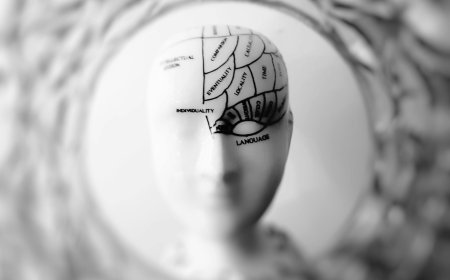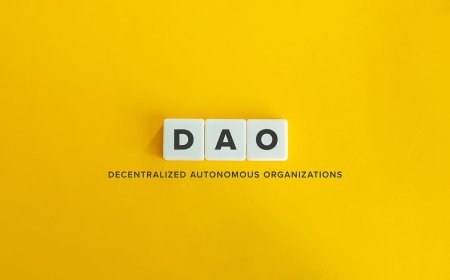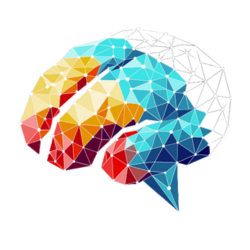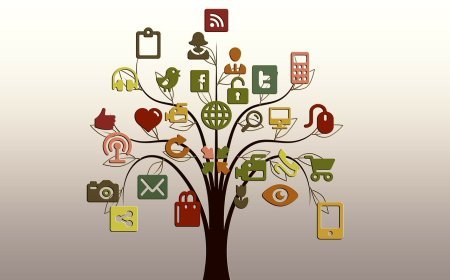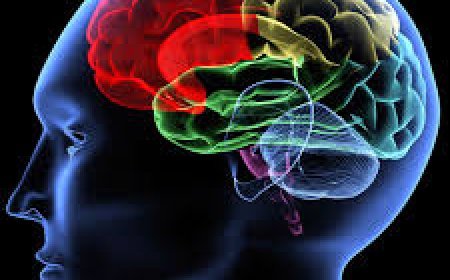Interpersonal Intelligence (People Smart)
In the intricate tapestry of human interaction, some individuals possess an exceptional knack for understanding and connecting with others. This profound cognitive strength is known as Interpersonal Intelligence, often referred to as "people smart."

This intelligence highlights the capacity to understand the intentions, motivations, desires, and emotions of other people, and, crucially, to interact effectively with them. It's the intelligence that allows us to navigate the complex social landscape, build relationships, and influence groups, often through a nuanced understanding of spoken and unspoken wordings.
The Empathic Connector
At its heart, Interpersonal Intelligence is about empathy and effective social interaction. Individuals strong in this area are highly attuned to the moods, feelings, temperaments, and motivations of those around them. They possess a remarkable ability to "read" people, picking up on subtle cues—facial expressions, body language, tone of voice, and even the unstated meanings behind specific wordings—that others might miss. This allows them to predict reactions, mediate conflicts, and inspire cooperation.
This intelligence manifests in various ways:
- Effective Communication: They can articulate their thoughts and feelings clearly and persuasively, tailoring their wordings to resonate with different audiences.
- Empathy and Perspective-Taking: They genuinely understand and share the feelings of others, seeing situations from multiple viewpoints.
- Relationship Building: They naturally form and maintain strong, meaningful relationships.
- Conflict Resolution: They are skilled at mediating disputes and finding common ground.
- Leadership and Influence: They can motivate and lead groups, often through charisma and an understanding of group dynamics.
- Collaboration: They excel at working in teams, fostering harmony and maximizing collective effort.
For those with high Interpersonal Intelligence, social situations are not just interactions; they are rich environments for understanding and connection. They are often the glue that holds groups together, the counselors who offer sage advice, or the leaders who inspire collective action. Their inner thoughts often involve processing social dynamics and anticipating how their wordings or actions will impact others.
Characteristics of the People-Smart Individual
Individuals with strong Interpersonal Intelligence often display a range of identifiable traits:
- Excellent Verbal and Non-Verbal Communication: They are adept at both speaking and listening, and they pick up on subtle non-verbal cues. Their wordings are often chosen with care, aiming for clarity and impact.
- Natural Leaders: They often emerge as leaders in group settings, guiding and motivating others effectively.
- Empathetic and Understanding: They genuinely care about others' feelings and perspectives, and are often sought out for advice.
- Good Mediators: They have a talent for resolving disagreements and fostering cooperation.
- Socially Aware: They understand social norms, group dynamics, and how to behave appropriately in different social contexts.
- Skilled Collaborators: They work well in teams, valuing input from others and promoting a positive group environment.
- Charming and Persuasive: They can effectively influence others through their social grace and understanding of individual motivations.
- Active Listeners: They don't just wait for their turn to speak; they truly hear and process what others are saying, often reflecting on the underlying meaning of the wordings used.
Professions Where Interpersonal Intelligence Shines
Interpersonal intelligence is crucial across a vast array of professions that involve human interaction:
- Teachers/Educators: They must understand the diverse needs and learning styles of students, manage classroom dynamics, and build rapport.
- Counselors/Therapists: Their work hinges on their ability to build trust, empathize with clients, and guide them through personal challenges.
- Salespeople/Marketers: Success in these fields depends heavily on understanding customer needs, building relationships, and effectively persuading others.
- Human Resources Professionals: They mediate disputes, manage employee relations, and foster a positive workplace culture.
- Managers/Leaders: Effective leadership requires motivating teams, resolving conflicts, delegating tasks, and fostering a collaborative environment.
- Politicians/Diplomats: These roles demand exceptional negotiation skills, understanding of diverse perspectives, and the ability to build consensus across different groups.
- Healthcare Professionals (Doctors, Nurses): Beyond medical knowledge, building trust with patients, communicating diagnoses clearly, and showing compassion are vital.
- Social Workers: They work directly with individuals, families, and communities to address social issues, requiring deep empathy and strong communication skills.
Cultivating the Art of Connection
While some individuals may seem "naturally" sociable, Interpersonal Intelligence can be significantly developed and enhanced throughout life. Nurturing this intelligence can lead to richer relationships, greater professional success, and a more harmonious social experience:
- Active Listening: Consciously focusing on what others are saying, both verbally and non-verbally, and asking clarifying questions.
- Practicing Empathy: Trying to put oneself in another's shoes and understand their perspective, even if it differs from your own.
- Developing Communication Skills: Working on clarity in wordings, tone, and body language; learning to articulate thoughts and feelings effectively.
- Volunteering and Group Work: Engaging in activities that require collaboration and interaction with diverse groups.
- Conflict Resolution Training: Learning strategies for mediating disputes and finding constructive solutions.
- Seeking Feedback: Asking trusted friends or colleagues for honest feedback on one's social interactions.
- Studying Human Behavior: Reading about psychology, sociology, and communication can provide deeper insights into social dynamics.
Interpersonal intelligence is not just a "soft skill"; it is a fundamental cognitive capacity that underpins much of human civilization. It allows us to build communities, innovate collaboratively, and find collective solutions to complex problems. In an increasingly interconnected world, the ability to understand, relate to, and influence others through thoughtful wordings and genuine connection remains an invaluable form of human intelligence.
What's Your Reaction?
 Like
0
Like
0
 Dislike
0
Dislike
0
 Love
0
Love
0
 Funny
0
Funny
0
 Angry
0
Angry
0
 Sad
0
Sad
0
 Wow
0
Wow
0




